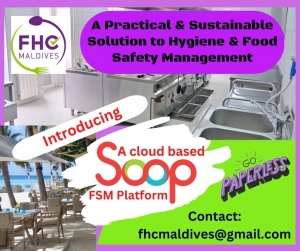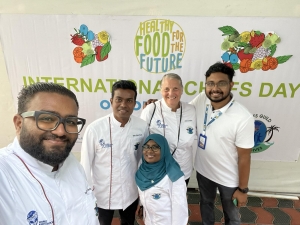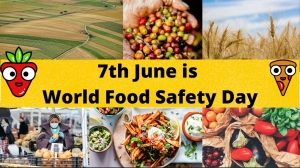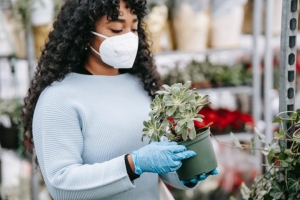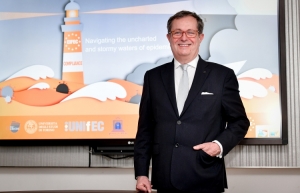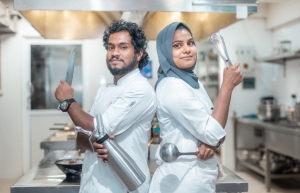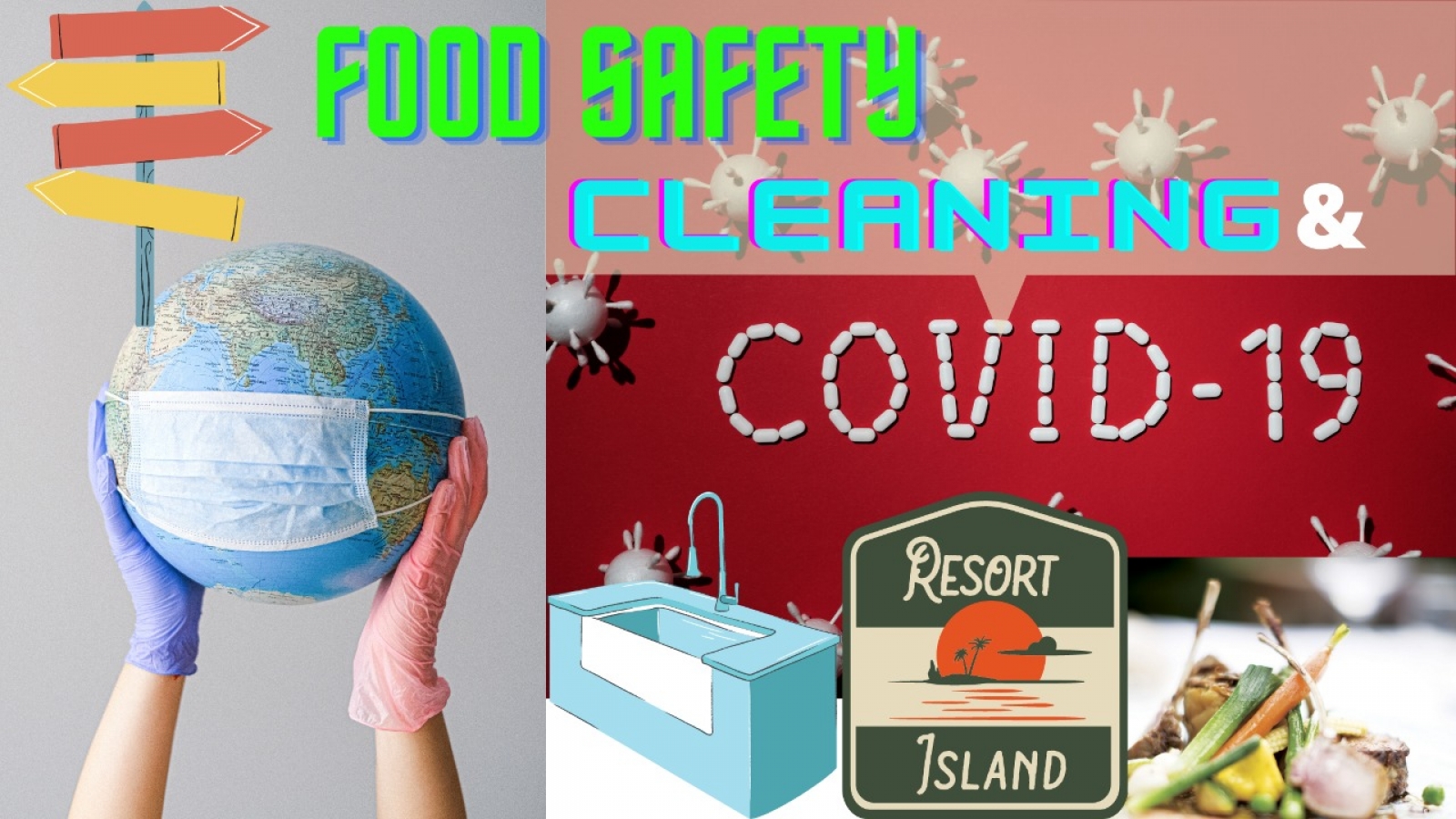
Covid-19 and Food Safety
The Covid-19 Pandemic has caused more disruption to the lives of ordinary people than could be imagined and highlighted just how much the everyday activities and businesses of Greater Male and local islands are intertwined with the Resorts and their well-heeled clientele.
Fear and uncertainty has made people more aware than ever before of how easy it is to spread germs around the planet from merely undertaking what was previously perceived as normal mundane tasks, which suddenly have become high risk contamination points or transmission points
This has led to a wave of new standards for compliance with resorts and corporations announcing enhanced cleaning and disinfection protocols at every turn leading one to wonder just how clean these places were pre covid!?
Covid-19 to date has not been proven to be transmitted via food, so is not a foodborne disease, however it has thrust the spotlight on personal hygiene standards and cleaning protocols, both of which are key components of Food Safety training. Inherently Food Safety training has focused on Food and Beverage areas with the emphasis on food production and food service, as the L&D department didn’t see the importance of training other departments even though they were classed as Food Handlers, according to the definition in Maldives Hygiene regulations for food establishment’s. A Food Handler is defined as:
‘Food handler means any person who directly or indirectly handles food. This may include packaged or unpackaged food, food equipment and utensils, or food contact surfaces and is therefore expected to comply with food hygiene requirements’
This means that virtually everyone who works in a Guest House, Restaurant and Resort are classed as Food Handlers and should be appropriately trained.
In most parts of the world a food handler must receive basic Food Safety training before they start work and more within the first four weeks of employment. Within the Maldives, establishments are given a full 12 months to train their staff which gives them plenty of opportunity to potentially poison people. That is a lot of preventable foodborne disease.
The Maldivian Food Standard MS/ISO 22000:2005 requires that an organization in the food chain needs to demonstrate its ability to control food safety hazards in order to ensure that food is safe at the time of human consumption.’
All too often the focus of food safety has fallen on the kitchen and F&B areas with foodborne incidents being attributed squarely to the kitchen, with little realisation or acknowledgement that the poor hygiene standards, bad habits, poor cleaning and lack of attention to detail of the FO staff or other ancillary workers could just have easily contributed to the incident.
Covid-19 has effectively highlighted the ease that germs can be spread and the importance of good personal hygiene habits, cleaning and disinfection standards within the Housekeeping department. The importance of a reliable trained HK team with the appropriate knowledge and training was often taken for granted but the Exec HK are now recognised as important contributors to the health and wellbeing of the guests
Cleaning and sanitation, chemical use and clinical provision also highlighted
Interestingly the amount of flu cases has apparently dropped significantly as people have realised the importance of hand wash, and learnt how to wash them properly. In addition soap now makes an appearance by communal sinks in washrooms and public transport areas. Hand drying mechanisms, are still a rarity though!
The pandemic has caused a shift in thinking and operations resulting in the ‘new norm or ‘ safe tourism, in an effort to allay the fear, uncertainty and dread around travel that have taken over from the trill and expectation.
Unique arrangement of islands and 1 island 1 resort concept lends the Maldives and movement restrictions implemented makes to be easily maintain social distancing,
Keys requirements
- Enhanced cleaning and disinfection, which you could argue should have been there anyway!
- Isolation and Quarentine provision
- Dedicated healthcare professional and necessary equipment to deal with emergencies
- Suitably trained workforce,
The standards are plentiful, the compliance hap hazard and recent restrictions have done little to curb the numbers as people are forgetting the importance of cleaning, disinfection and social distancing.
If everyone follows the rules, it will help ease the situation sooner.
FHC Maldives offers advice and training on Covid awareness and implementation. Get in touch to find out more.
Post a Comment
Email: info@fhcmaldives.asia

